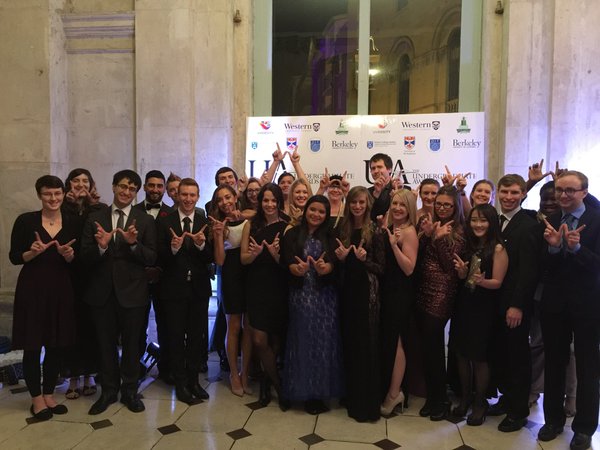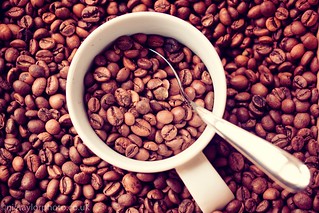
2015 Undergraduate Awards
Document Type
Article
Publication Date
2015
Abstract
Caffeine is typically used to counter the effects of fatigue by enhancing performance for cognitive tasks, it is also known to suppress appetite. The current study is conducted to determine if caffeine would have an effect on memory. Twenty-four male Long Evans rats (375-425g) were used, they were randomly assigned to one of three groups: saline control (0.9% saline), caffeine low dose (15mg/kg), and caffeine high dose (50mg/kg). Testing was conducted in a Skinner box with a retractable lever that dispensed food when pressed. Rats were trained for five consecutive days for 10-15 min sessions. Then, two days of baseline testing was conducted followed by the treatment of each group on the test day. Results indicated that the low dose group had a significantly lower response rate compared to the control group. Similarly, the high dose group also had a lower response rate compared to the control. And, the low dose group had a higher response rate compared to the high dose group. Overall caffeine decreased the response rate but increased locomotor activity in rats. The present study does not support the hypothesis that caffeine increases bar pressing and improves retrieval memory for a food reward, likely by suppressing appetite.



Notes
Image by Nic Taylor, licensed under CC BY-NC-ND 2.0.